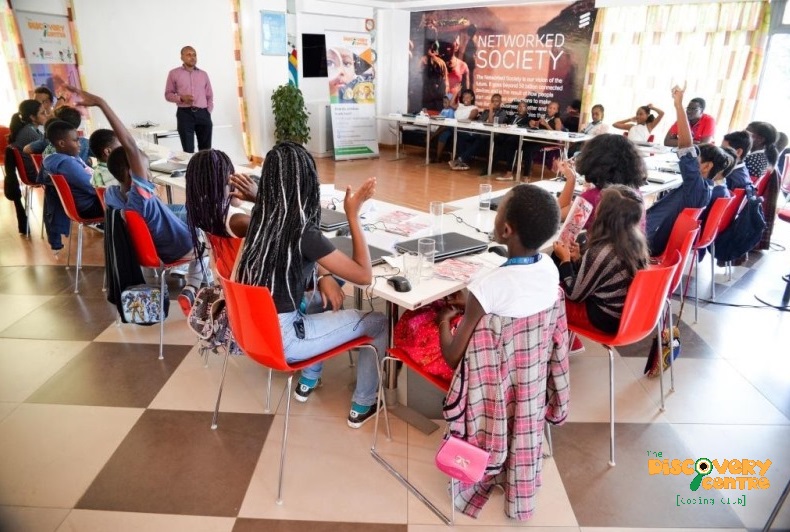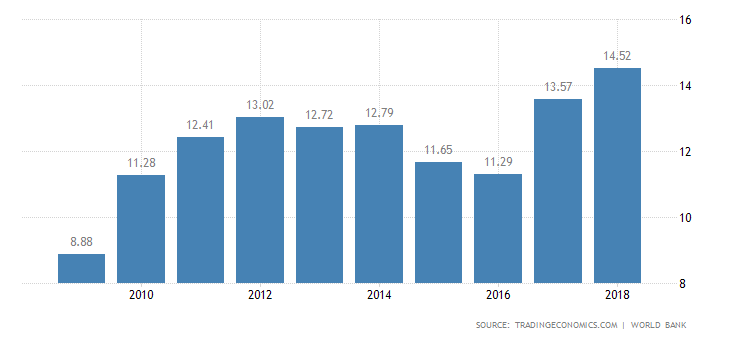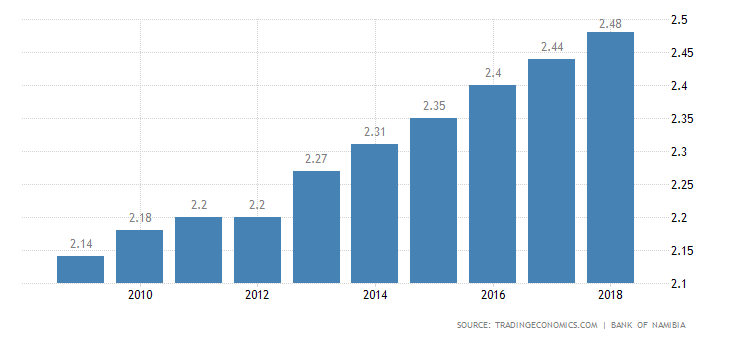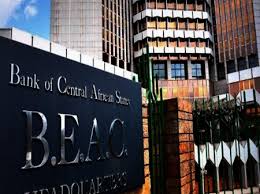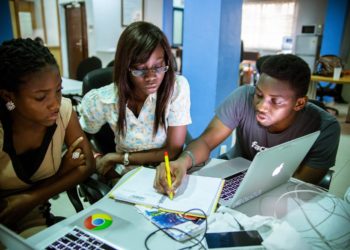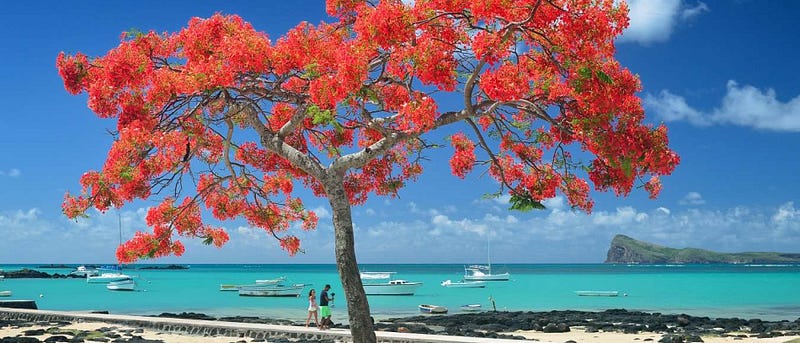While Sierra Leone will continue to develop economic diplomacy and endeavour to live in peace and harmony with her neighbours, the country will pursue its interest in line with laid down international rules and regulations, and also be part of efforts at building a united Africa so says Honourable Nabeela Tunis, the Minister of Foreign Affairs and International Cooperation of Sierra Leone. Excerpts:

Nabeela Tunis, the Minister of Foreign Affairs and International Cooperation.
How would you describe Sierra Leone’s Foreign Policy direction?
The principal outlines relating to the Sierra Leone Foreign policy objectives are set out in Section 10 of the Country’s 1991 Constitution, to wit “… the promotion and protection of the national interest; the promotion of international cooperation for the consolidation of international peace and security and mutual respect among all nations, and respect for international law and treaty obligations, as well as seeking of settlement of international disputes by negotiation, conciliation, arbitration or adjudication.”
Accordingly and given the thrust of the aforementioned provision, Sierra Leone has invariably observed the tenets of peaceful co-existence with other countries at sub-regional, regional and global levels. This unique characteristic has served as a centerpiece for greater integration at the socio-cultural level. This has further given the leadership of the country the opportunity to revive a trajectory by putting into perspective and energizing its relations mainly with its neighbours as well as countries, with a view to harness Foreign Service creativity through a set of clear goals for efficient cooperation.
It is prima facie evident that a country’s foreign policy involves an assessment of one’s power position relative to the global narrative of alliances, and must reflect the guiding principles of its external behavior with others. Consequently, Sierra Leone became a signatory to the Charter of the OAU and has more often than not, subscribed to a common African position. Sierra Leone has also adopted a pathway of building and sustaining its goodwill with the Bretton Woods institutions, as well as with other emerging players.
Being a member of the Non-Aligned Movement, Sierra Leone’s foreign policy has also been effective within the frameworks of its “non-association” in the rudiments of the Cold War, and in the evolving power play in relations between the West and the European Union on the one hand, and Russia, Iran, Syria as well as other countries opposed to the increasing footprint of NATO and its allies on the other.
It is glaring that the national interest is inextricably linked with the domestic policy of a country and how well it is able to secure the security and welfare of its citizens. Accordingly, His Excellency President Julius Maada Bio has placed premium on “Economic Diplomacy” as the core national interest under “the New Direction Administration.” This policy initiative has shifted the country’s effort from aid assistance from partners to engaging in trade and economic relations, with a view to attracting foreign direct investments to fund its major national projects.
In view thereof, Sierra Leone’s foreign policy direction can therefore be described as a “Sierra Leone First Policy”, in view of what international negotiations bring to the table, and what fundamental issues at the domestic level could be resolved in terms of infrastructural development, lower tariffs for imports of basic commodities, health and other social services. So far, the country is able to maximize its relations for greater assistance and efforts could be increased to lead to expansion in growth, and more importantly, in prestige as a nation.
President Julius Maada Bio’s administration places premium on economic diplomacy as a core national interest. To what extent has this influenced activities within your Ministry?
In the first instance, Economic diplomacy could be referred to as the process through which countries engage at bilateral and multilateral spectra to maximize their national gain in all fields of activity, particularly trade and investment. This concept, though varied, could be applied in various forms by countries to intensify relations for economic development, whilst promoting normal diplomatic relations.
The need to augment this crucial aspect of foreign policy has seen the creation of the division of Economic and Technical Cooperation (ECOTECH), which has intensified the Ministry’s effort in identifying key and significant global players ready, willing and able to do business with Sierra Leone through a ‘win-win’ cooperation. The ECOTECH Division has thus created a technical backstop for liaison with important sectors in the country such as the Ministry of Trade and Industry, the Chamber of Commerce, SLIEPA, etc. in this case, the Ministry can exercise collaborative trade promotion and technical cooperation for effective bilateral assistance from other countries and donor partners.
A key feature of economic cooperation has also involved empowering overseas Missions to engage in constructive dialogue with the business communities in their jurisdictions to realise formidable framework Agreements for cooperation with interested parties.
At the International level, the Ministry continues to follow up on our commitments with sub regional and regional Organisations such as Mano River Union (MRU), ECOWAS and the African Union (AU) for partnership on key objectives. The Free Trade Area Agreement (AfFTA) recently launched by the AU is one such collaborative measure for cooperation, which Sierra Leone intends to exploit fully. Continued efforts at the level of the United Nations and key global bodies by our Missions abroad, as well as engagement at summitry levels by H.E. President Bio are also certain to yield significant results.
What are the mechanisms put in place by the Ministry to encourage foreign direct investment and how effective have they been in attracting greater foreign partnership and investments to Sierra Leone?
Foreign direct investment in Sierra Leone is one of the goals of the new direction as encapsulated in the National Medium- Term Development Plan (2019-2023) of H.E. President Bio, and this is germane for all sectors of the Governments.
Consequently, and in view of Sierra Leone being a strategic location within the axis of the MRU, this Ministry continues to design important frameworks for Sierra Leone to be considered a destination and a hub within the sub-region. A key objective is therefore to attract investment for the creation of a strategic Economic and Trading Zone in the eastern part of the country within the context of the FTA coming into force.
Of importance is solid investment in both soft and hard infrastructure, being the basis for improved economic development. In that regard, this Ministry continues to engage non-traditional donor partners such as China, India, Russia, Turkey, etc. for investment in hardcore infrastructure, which should attract Sustainable business companies for long term investment in the country.
What kind of Support is the Sierra Leonean Government receiving from the International Community and the development partners in its efforts to achieve its development targets?
It is abundantly clear that Sierra Leone has received various kinds of support from the International Community over the years. One such support has been budgetary support.
Budgetary support refers to a method of financing a partner country’s budget through a transfer of resources from an external financing agency to the partner government’s national treasury. The funds thus transferred are managed in accordance with the recipient’s budgetary procedures. Budget support includes General Budget Support (GBS) and Sector Budget Support (SBS). SBS aims at contributing to accelerate progress towards the government’s goals within a specific sector (as identified in the sector strategy). On the other hand, GBS, as the case may be involves the dialogue between donors and partner governments, which focuses on overall policy and budget priorities.
The overall objective of budget support is to facilitate the achievement of the Government’s goals. More particularly, it intends to contribute to the achievement of a number of specific objectives, such as: establishing a favourable and stable macro-economic environment; improve government service delivery; focus on the needs of the poor; to name but a few.
The International Community has also provided support through grants or loans, which is common with the Bretton Woods institutions such as the IMF, the World Bank and the ICRB, although with conditionality. Aid has also been received from specific regional blocs such as the Saudi Fund for Development, Japan and China via TICAD, FOCAC, etc., as well as lines of Credit from Development Banks of India and China, among many others. Specific programs organized to raise funding such as Investment for a including the scheduled Russia-Africa Summit for October 2019.
During perilous times in the country’s history ranging from the civil conflict to the mudslide in 2017, a series of interventions have been received in assistance of a direct kind. Non-traditional donor partners, in particular, China, have also most often than not provided direct bilateral assistance to Sierra Leone without conditionality.
How is the Ministry mobilizing and leveraging Sierra Leonean Diaspora business communities for investment and trade in Sierra Leone
It is a necessary fact that fruitful engagements be effected with the Sierra Leone diaspora, in particular, the business community, with a view to transporting creative ideas and enlarging the business portfolio in Sierra Leone.
In view thereof, the Ministry is in the process of completing the Management and Functional Review process, which aims at subsuming the Office of Diaspora Affairs under its purview. The unit, if subsumed under the Ministry will certainly embark on compiling and registering of all Sierra Leonean businesses abroad with a view to providing adequate information for inward investment in Sierra Leone.
Further, our missions abroad have also been encouraged to submit quarterly reports on engagements with the respective Sierra Leonean communities abroad, with a view to facilitating their contacts with the host countries.
What Strategies have the Ministry of Foreign Affairs and International Cooperation adopted to develop a strong regional nexus and closer cooperation with other African countries for mutual development pursuits at the global arena?
The Ministry is aware of the need for building and sustaining international support and goodwill at the regional level, being a member of the MRU, ECOWAS and the AU. Active participation in these regional bodies over the years has proven to be conclusive in respect of strengthened relations with all the countries within the African Union.
As a start, Sierra Leone being the Coordinator of the Committee of Ten (10) on Reform of the United Nations Security Council has been successful in corralling the African countries towards a united and common position on reform issues, and Sierra Leone seeks to leverage this position for increased interaction in its relations with other African countries.
A “priority list” on all region, including Africa, is being finalized by this Ministry to present a clear set of objectives on ways of developing practical cooperation with emerging African economies where comparative advantages and favourable concessions could be mutually exploited for win win cooperation. Additionally, our Mission in Addis Ababa continues to be robust in its update on issues discussed at the AU Secretariat.
This Ministry further seeks to advise the Office of the President on participation at summit/events to build confidence at the highest levels.
How does your Ministry intend to sustain the global image and goodwill Sierra Leone has been enjoying since the inception of President Bio’s administration?
The foreign policy objectives of the country are invariably linked to boosting the image and prestige of Sierra Leone. The flagship project of H.E. President Bio in terms of promoting free quality education, coupled with the renewed fight against corruption are certain to create a new standard in relations between Sierra Leone and the International community.
For its part, this Ministry will certainly endeavor to reinforce the message of a disciplined leadership ready to do business in a resource-rich country which is ripe for business, in a transparent manner with its international partners as well as with the global business community.
Kelechi Deca

Kelechi Deca has over two decades of media experience, he has traveled to over 77 countries reporting on multilateral development institutions, international business, trade, travels, culture, and diplomacy. He is also a petrol head with in-depth knowledge of automobiles and the auto industry.





